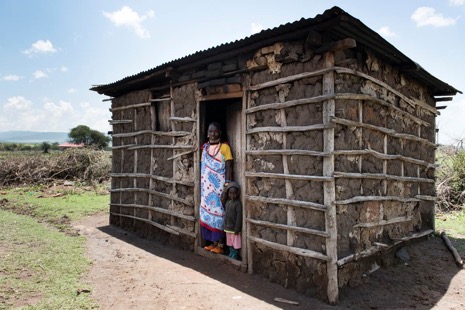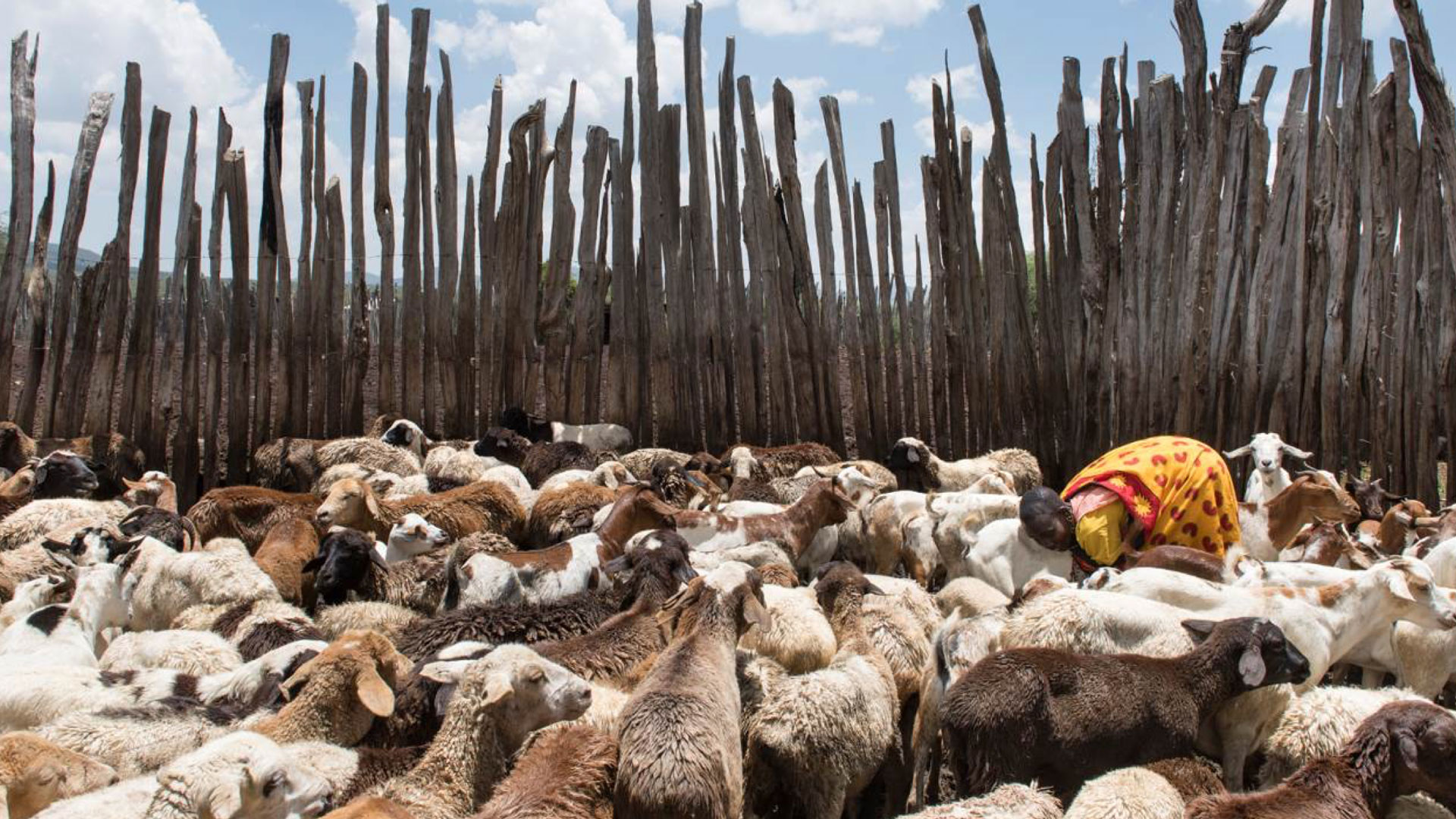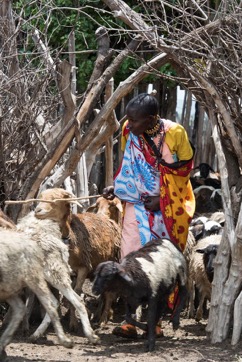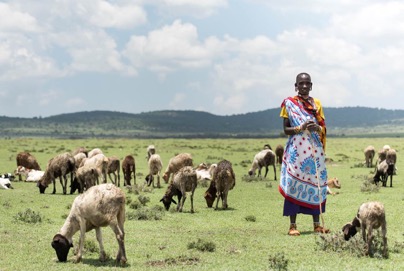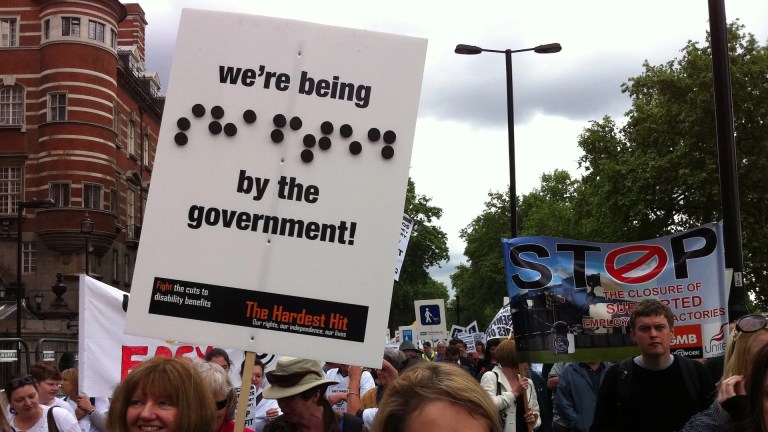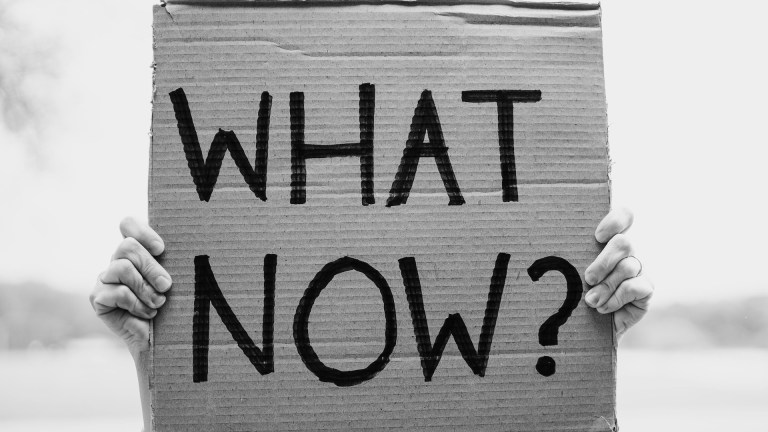Building a boma exclusively for women was the brainchild of the Pastoral Women’s Council (PWC) – a group of Maasai women who formed in 1997 as a response to the injustice and inequality they faced. The Women’s Solidarity Boma was intended not only to offer a safety net to those women struggling to survive but also to prove a woman’s ability to own livestock, redefining relations within the community.
Kimere wakes at dawn to start the fire, milks the livestock and then makes her children some porridge before they go to school. She cleans the pens and waters the livestock. She mends. She collects water and firewood for herself.
Kimere explains that she was her husband’s fourth wife. “By the time he married me, he was in his 70s and had very few cows left” she says. As each of the sons from his previous marriages left home, they took some of the remaining cattle and goats with them.
As each woman passes through the boma, she is rewarded for her stewardship by taking some of the livestock with her when she leaves. As long as she takes care of her flock, the animals will thrive and multiply and she will leave with a new life; one in which she has ownership, confidence and respect.
Kimere now has more than 70 sheep and goats, and five cows and when she leaves the boma next year she will be in a position to thrive. Although her oldest daughter was already married before she came to the boma, two of her younger children are now in school and will not be married off young as she was.
According to Maasai legend, Cattle were entrusted to men by the sky God, Ngai. “A cow is as good as a man,” so the Maasai saying goes. “Sometimes, depending on the man, a cow is better!” says our host.
“I want the rest of my children to have a secondary education. I want a good house with many livestock and a big field to cultivate. I will grow maize and beans and not be hungry” she says, looking me squarely in the eye.
She has a good chance of achieving all of this. The women before her have set reassuring precedents; Mererio Parmoat, who left the boma two years ago, still returns to visit and is here on the day I visit – “It’s my home still” she says. ‘The boma is deep in my heart”.
- The Pastoral Women’s Council (PWC) has a membership of over 6,000 women. They address women’s rights issues among the Maasai, such as early forced marriage, domestic violence and girls’ education
- The PWC now has three Women’s Solidarity Bomas in two districts, generating an income for women like Kimere
- African Initiatives is a women’s rights charity based in Bristol, supporting sustainable initiatives, identified and implemented by Africans
Her story is similar – she was married young, to an old man with no cows left and was selling firewood to feed her children, sliding slowly towards starvation. But after living at the boma for 3 years, everything changed.
“When I left the boma I bought two chickens,” she tells me “and now I have over 50. I’m the only person in the community who owns any, and I sell chicken and eggs at the market every Saturday.
“Everyone now respects me; they see how hard I’ve worked. My children are healthy and more confident.”
She has just invested in a mill for grinding maize and charges others in the community for the service. Her children are going to school and they have first-hand understanding that a woman can own property and livestock.
According to Mererio, the boma project also changes how women see themselves. “We are able to stand up and talk in community meetings and be listened to.”
